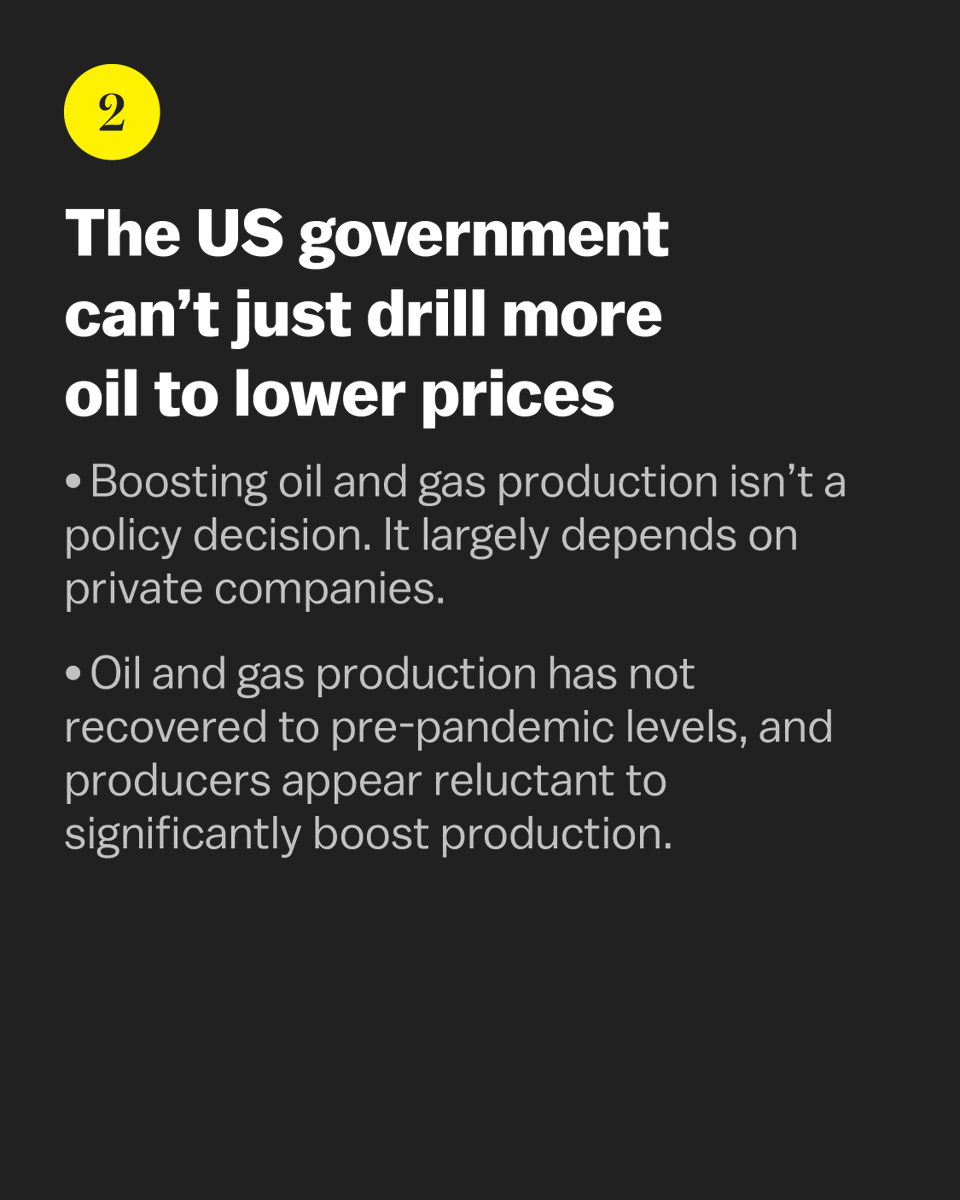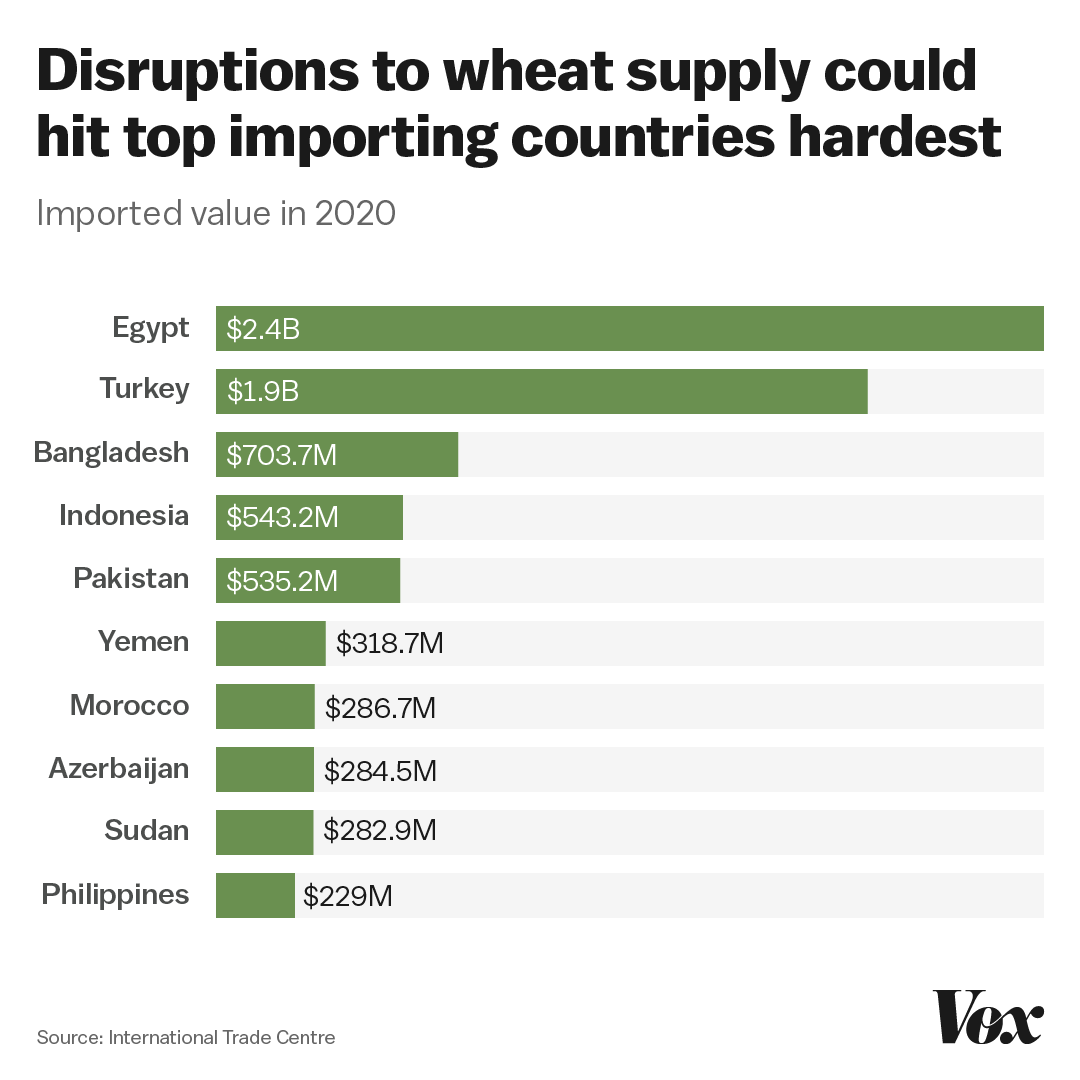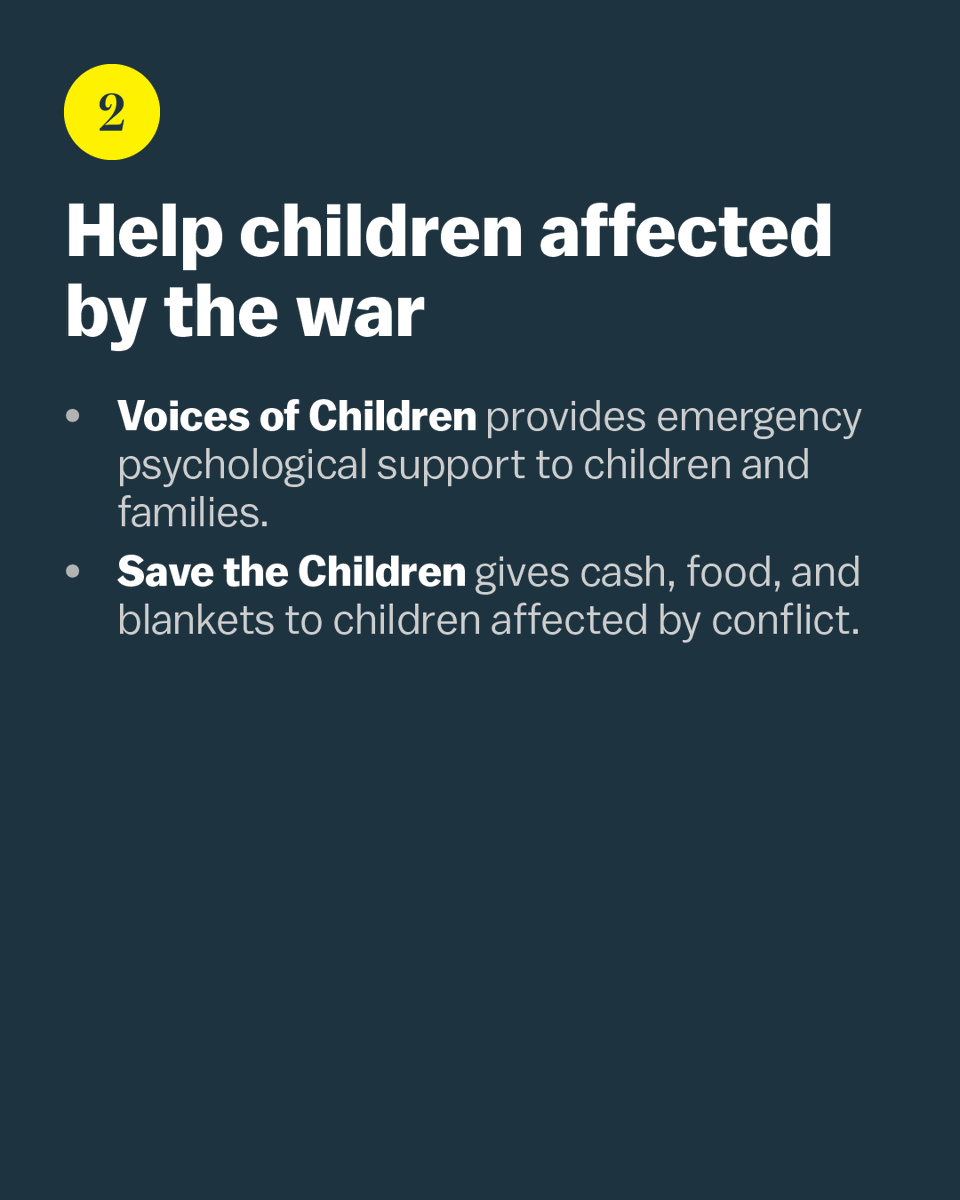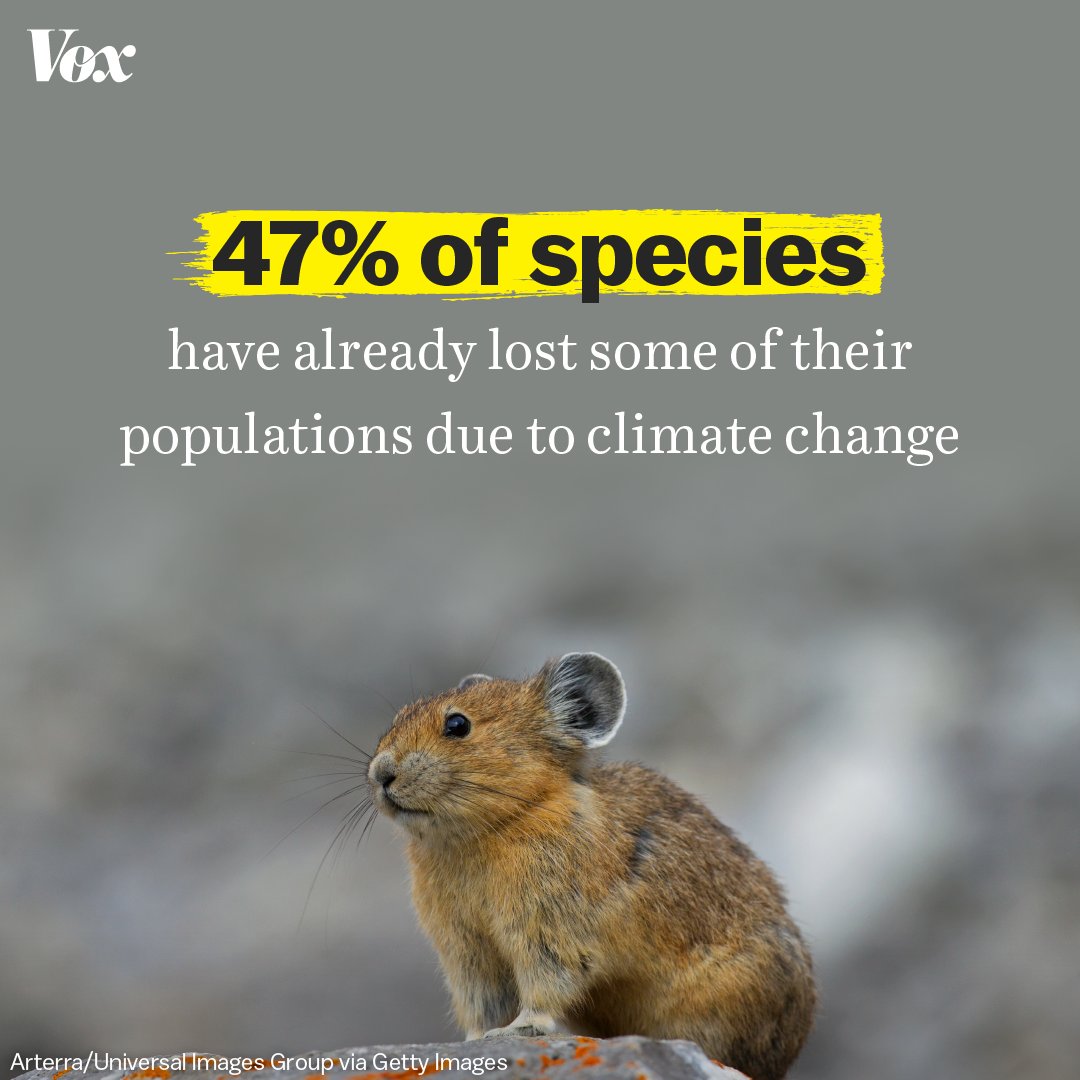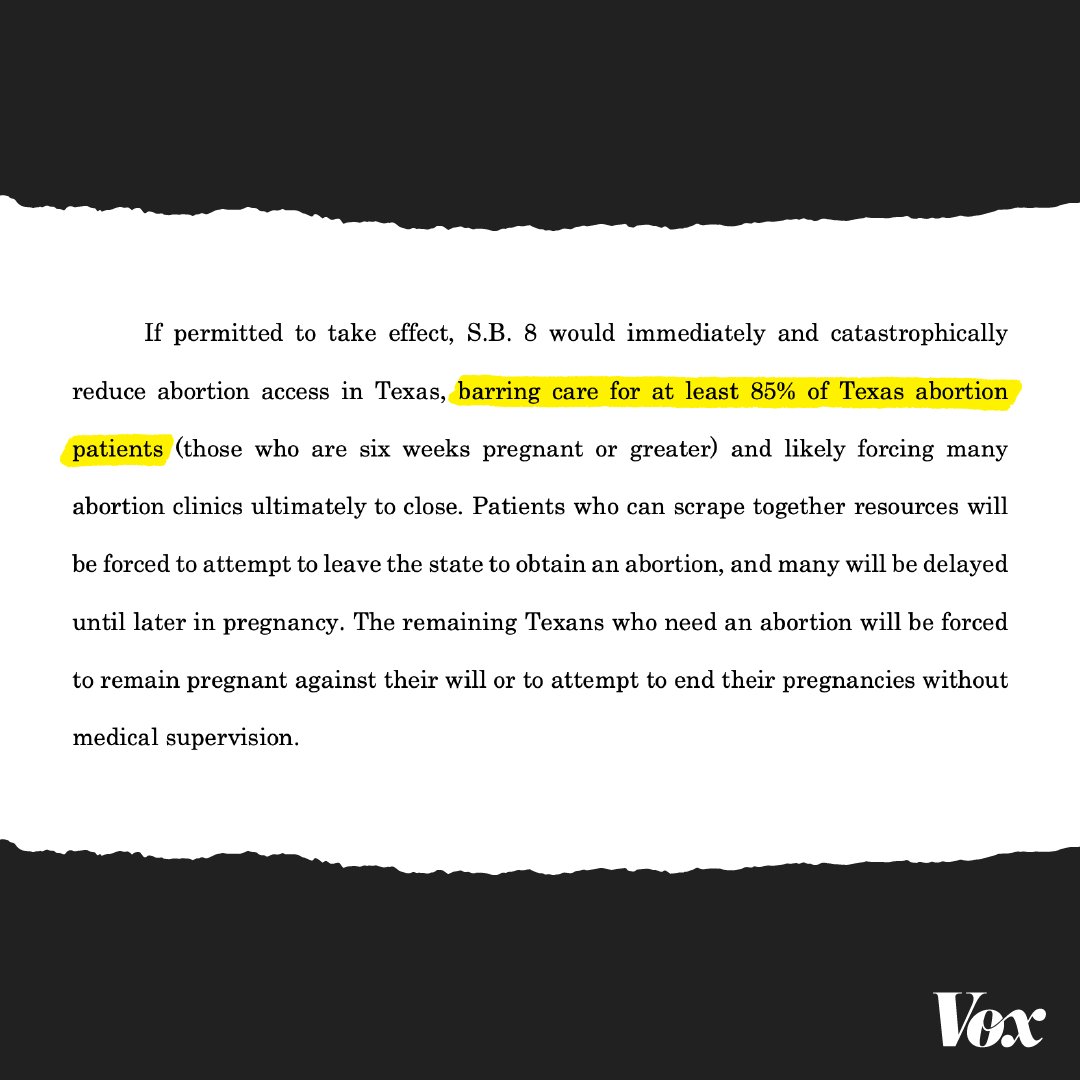
The March 16, 2021 Atlanta shootings were a breaking point for Asian American communities amid two years of growing anti-Asian violence.
On the anniversary of the attacks, the #StopAsianHate movement is at another crossroads. vox.com/22820364/stop-…
On the anniversary of the attacks, the #StopAsianHate movement is at another crossroads. vox.com/22820364/stop-…

The #StopAAPIHate movement has had significant achievements:
- led to the passage of federal hate crimes legislation
- emboldened a new generation of activists
- dramatically raised awareness of anti-Asian racism, a form of discrimination that’s often been ignored in the past
- led to the passage of federal hate crimes legislation
- emboldened a new generation of activists
- dramatically raised awareness of anti-Asian racism, a form of discrimination that’s often been ignored in the past
“The world of philanthropy for many years had neglected Asian American communities,” says @ucdavis professor Robyn Rodriguez, whose research focuses on Asian American activism. “There’s been a new investment in Asian American communities that hasn’t existed before.”
However, the movement also faces major challenges. Organizers wonder if the policies that have passed have gone far enough — and worry that a focus on policing could harm communities of color. vox.com/22820364/stop-…
@StopAAPIHate found that 53% of Asian Americans and 58% of Pacific Islanders named education as an effective solution to address anti-AAPI sentiment, while 30% of Asian Americans and 21% of Pacific islanders favored more law enforcement. vox.com/22820364/stop-… 

To step up the fight against systemic racism, some activists hope that the #StopAAPIHate movement can develop its own detailed policy agenda, and point to the BREATHE Act — legislation drafted by the Movement for Black Lives and endorsed by progressive lawmakers.
Among other things, the BREATHE Act would shutter ICE and the DEA, while divesting federal funds from local law enforcement.
Many organizers also believe that working in solidarity with other communities of color is vital to the movement. vox.com/22820364/stop-…
Many organizers also believe that working in solidarity with other communities of color is vital to the movement. vox.com/22820364/stop-…

“We are seeing folks outside of our community waking up to the fact that anti-Asian violence and anti-Asian racism has been baked into our system and our government,” says Mohan Seshadri, of @apipennsylvania. vox.com/22820364/stop-…
Read more from @liszhou, who spoke to more than 20 activists and experts about how #StopAsianHate dramatically changed awareness of anti-Asian racism and the movement’s next steps vox.com/22820364/stop-…
• • •
Missing some Tweet in this thread? You can try to
force a refresh




